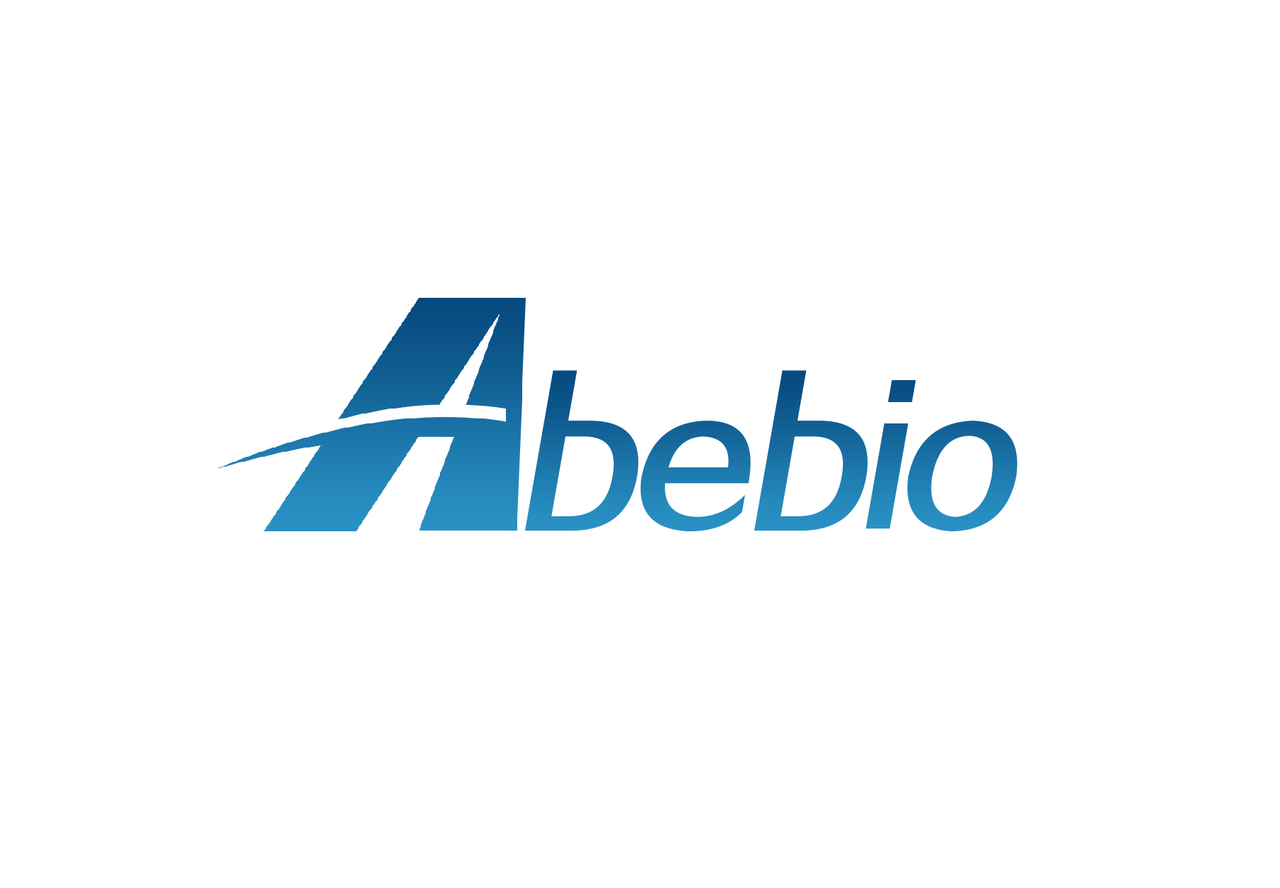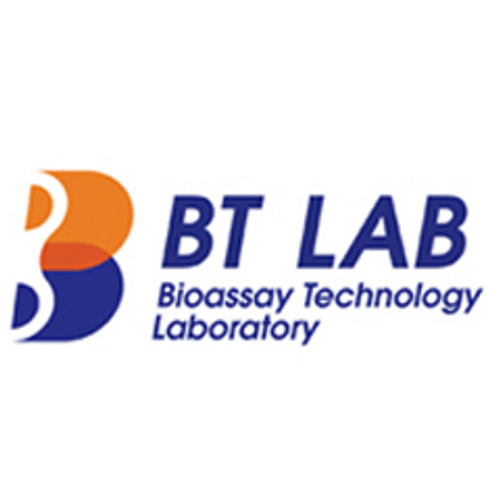Product Description
Mouse Beta-Secretase (APH1B) ELISA Kit | AE63226MO | Abebio
Species Reactivity: Mouse (Mus musculus)
Abbreviation: APH1B
Alternative Name: APH-1B; DKFZp564D0372; FLJ33115; PRO1328; PSFL; TAAV688; anterior pharynx defective 1B-like|presenilin stabilization factor-like
Application: ELISA
Range: Request Information
Sensitivity: Request Information
Intra-Assay: ≤6.9%
Inter-Assay: ≤9.1%
Recovery: 1, 05
Sample Type: Serum, Plasma, Other biological fluids
Detection Method: Sandwich
Analysis Method : Quantitive
Test Principale: This assay employs a two-site sandwich ELISA to quantitate APH1B in samples. An antibody specific for APH1B has been pre-coated onto a microplate. Standards and samples are pipetted into the wells and anyAPH1B present is bound by the immobilized antibody. After removing any unbound substances, a biotin-conjugated antibody specific for APH1B is added to the wells. After washing, Streptavidin conjugated Horseradish Peroxidase (HRP) is added to the wells. Following a wash to remove any unbound avidin-enzyme reagent, a substrate solution is added to the wells and color develops in proportion to the amount of APH1B bound in the initial step. The color development is stopped and the intensity of the color is measured.
Product Overview: APH1 is a multipass transmembrane protein that interacts with presenilin and nicastrin (APH2) as a functional component of the gamma-secretase complex. The gamma-secretase complex is required for the intramembrane proteolysis of a number of membrane proteins, including the amyloid-beta precursor protein and Notch.APH1B encodes a multi-pass transmembrane protein that is a functional component of the gamma-secretase complex, which also contains presenilin and nicastrin. This protein represents a stabilizing cofactor for the presenilin holoprotein in the complex. The gamma-secretase complex catalyzes the cleavage of integral proteins such as notch receptors and beta-amyloid precursor protein.
Stability: The stability of ELISA kit is determined by the loss rate of activity. The loss rate of this kit is less than 5% within the expiration date under appropriate storage condition. The loss rate was determined by accelerated thermal degradation test. Keep the kit at 37°C for 4 and 7 days, and compare O.D.values of the kit kept at 37°C with that of at recommended temperature. (referring from China Biological Products Standard, which was calculated by the Arrhenius equation. For ELISA kit, 4 days storage at 37°C can be considered as 6 months at 2 - 8°C, which means 7 days at 37°C equaling 12 months at 2 - 8°C) .
 Euro
Euro
 USD
USD
 British Pound
British Pound
 NULL
NULL












